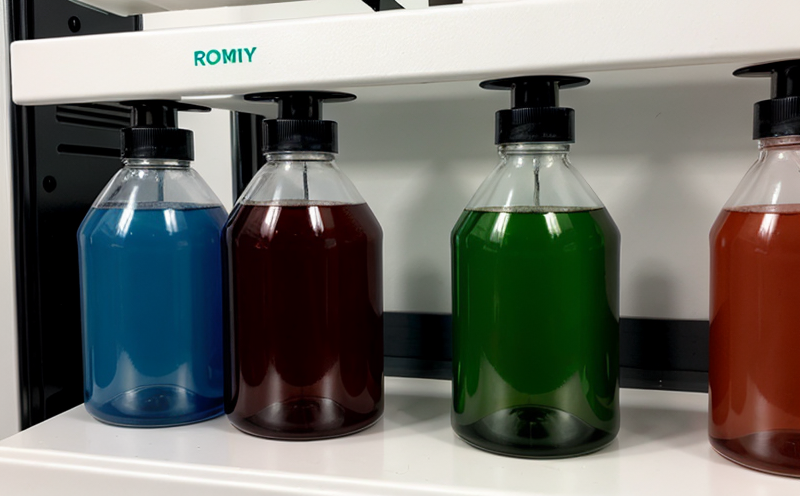ISO 8986 Polymerization Testing of Polyethylene
The ISO 8986 standard is an essential guideline used to evaluate the thermal and oxidative stability, as well as the chemical reactivity, of polyethylene (PE) in various industrial settings. This testing method is particularly relevant for ensuring the long-term performance and durability of PE-based products across diverse applications such as packaging, construction materials, and automotive components.
The process involves subjecting a sample to controlled conditions that simulate real-world environmental stresses, including elevated temperatures and oxidative environments. The primary objective is to determine the point at which the polymer begins to degrade or lose its physical properties due to heat or chemical exposure. This information is critical for quality managers and compliance officers in ensuring product integrity and safety.
During this testing procedure, a specimen of polyethylene undergoes controlled heating within an oxygenated atmosphere. The temperature is gradually increased until observable changes occur, such as discoloration, weight loss, or the formation of volatile by-products. These parameters are recorded and compared against specified thresholds in ISO 8986 to determine compliance.
The testing apparatus typically includes a thermal analysis instrument capable of precise temperature control and observation over time. The sample is placed within this controlled environment where it remains for an extended period, allowing for the thorough assessment of its stability under stress conditions. The results provide valuable insights into the polymer's resistance to degradation, which can inform R&D engineers in developing more robust materials.
For procurement teams, understanding these testing parameters ensures that they are sourcing high-quality polyethylene from suppliers who meet stringent international standards. This not only enhances product quality but also contributes to environmental sustainability by reducing waste and improving recyclability.
The ISO 8986 standard is widely recognized globally for its accuracy and reliability in assessing the thermal and oxidative stability of polyethylene. Compliance with this standard assures stakeholders that products are safe, reliable, and meet international benchmarks.
Applied Standards
| Standard | Description |
|---|---|
| ISO 8986 | Guidelines for thermal and oxidative stability testing of polyethylene. |
| ASTM D1238 | Melt mass flow rate measurements to assess the processability of polyethylene. |
| EN ISO 11467-1 | Methods for determining mechanical properties of plastics by tensile testing. |
The use of these standards ensures a comprehensive evaluation of polyethylene's characteristics, providing a robust foundation for quality assurance and regulatory compliance.
Industry Applications
- Packaging materials where long-term exposure to environmental factors is unavoidable.
- Construction applications requiring durable, weather-resistant components.
- Automotive parts that must withstand high temperatures and oxidative stress during operation.
- Medical devices needing materials resistant to degradation over extended periods.
The results of ISO 8986 testing are crucial for ensuring the safety and longevity of these products, thereby enhancing consumer trust and regulatory acceptance.
International Acceptance and Recognition
ISO 8986 is internationally recognized as a benchmark for evaluating the thermal and oxidative stability of polyethylene. Its global applicability makes it an essential tool in industries worldwide, ensuring that products meet stringent quality standards across different regions.
The widespread acceptance of this standard contributes to harmonized testing procedures, reducing barriers to trade and promoting consistent product performance. Compliance with ISO 8986 is often a requirement for international certification and regulatory approval, underscoring its importance in the global market.





